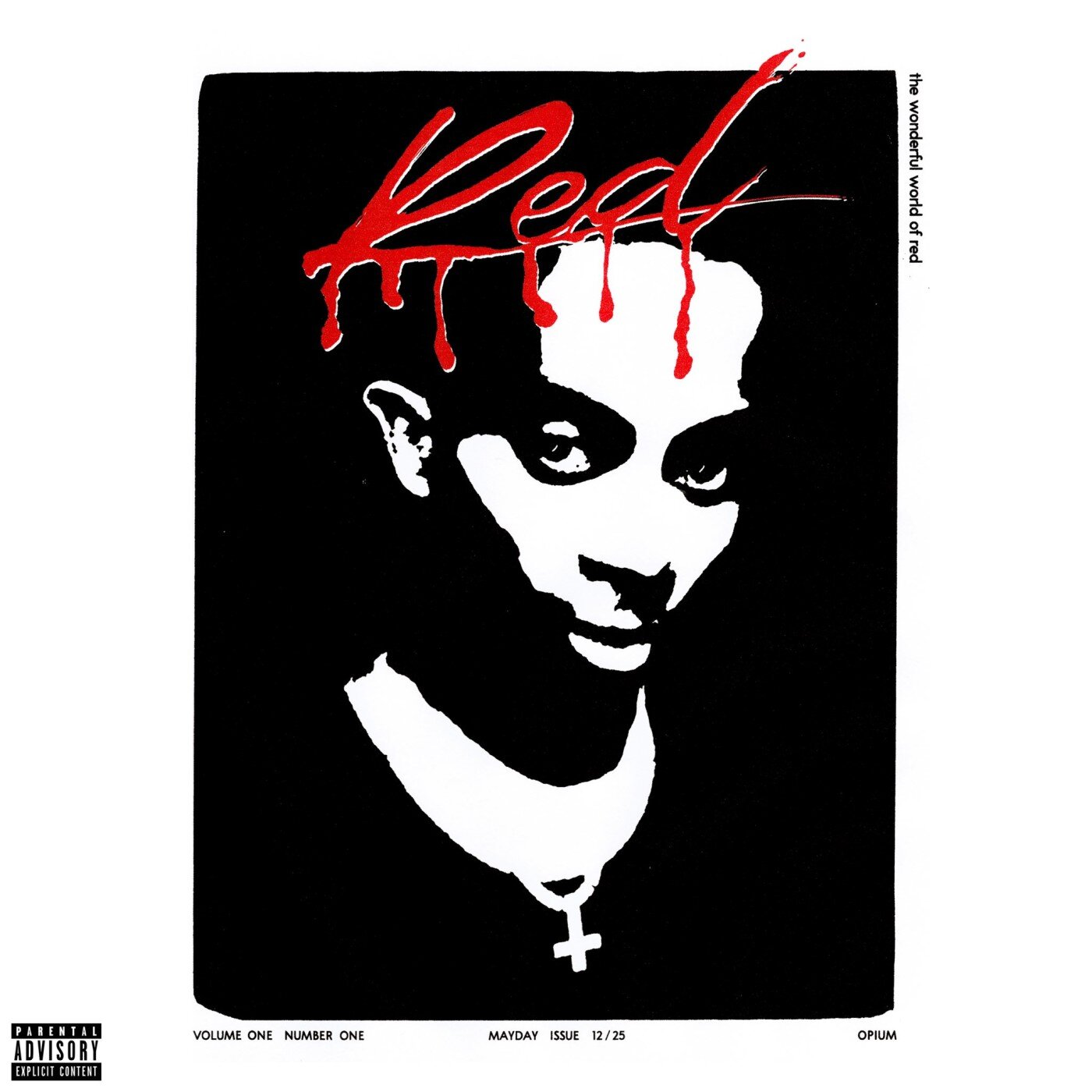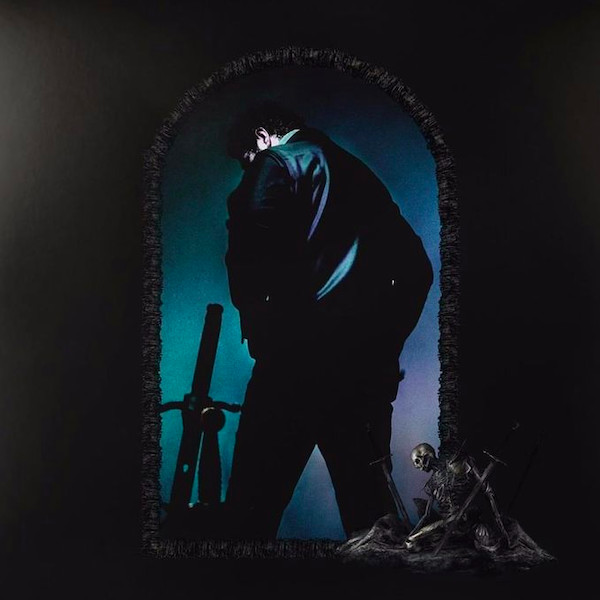Top Dawg Entertainment, RCA • 2022
SZA SOS
Throughout her decade-long career, SZA has been remarkably transparent about her struggle with anxiety and depression. In November, she opened up to Billboard about the stress of meeting ever-rising expectations, describing herself as “emotionally [and] energetically unequipped” for the pressures of celebrity. She announced her sophomore album back in early 2020, but its actual release seemed uncertain; as recently as last month, she expressed reservations about meeting her label’s deadline. But she’s cleared similar hurdles before, conquering self-doubt to the reward of immense artistic growth. In 2013, she became the First Lady of Top Dawg Entertainment, the imprint that played host to Kendrick Lamar until early this year. She shrouded her early work, such as 2014’s Z, in dense clouds of reverb and big name features. On her breakthrough, 2017’s masterful Ctrl, she pushed her persona forward - “once you strip everything down, you're forced to say something.” This incarnation of SZA was irrepressibly clever, deceptively shy, and selectively brutal - “lemme tell you a secret,” she teased on “Supermodel,” “I’ve been secretly banging your homeboy.” Embracing the full spectrum of her personality and talents, a star was born.
In the five-year absence of a full-length release, SZA’s grip on the millennial and Gen Z audiences became evident. She reached the Billboard Top 10 three times in 2021 alone; steamy Doja Cat duet “Kiss Me More” holds the record for longest standing all-female success in the chart’s history. Her fan base is rabidly dedicated; a demo for the Darkchild collaboration “Shirt” floated in circulation for almost two years before its official release in October. Upon the release of SOS’s tracklist, the prospective appearance of it-girl indie rocker Phoebe Bridgers on “Ghost in the Machine” sent the internet into a tizzy. The singer’s appeal is well-defined - she’s the girl next door, the you-can’t-sit-with-us girl, relatable, untouchable, and more than a little unhinged.
Since her last studio album, SZA’s vocal abilities have sharpened significantly, imbued with the versatility of a pro-vocalist and the dexterity of a rapper. She comes out swinging on intro “SOS” - “this ain’t no warning shot,” she threatens, “[in] case all you hoes forgot.” She remains one of pop’s craftiest, most insightful songwriters, exploring several novel modes here; “Kill Bill” is a murderous revenge ballad, “F2F” explores thrashing pop punk, and “Smoking on my Ex Pack” largely eschews singing in favor of full-force spitting. The biggest success here is “Blind,” a masterclass in unrestrained, self-realized soul-baring. Stripped of all excess, the song hovers around SZA like forcefield, a space in which she can reckon with her own destructive behaviors and underlying insecurities. She sounds poised, unguarded but not broken; “it’s so embarrassing,” she confides, “all of the things I need living inside me, I can’t see it.”
SOS feels like a document of personal maturation as much as artistic growth. She sounds assured on bittersweet kiss-off “Gone Girl” and content on stunning Travis Scott duet “Open Arms.” “Bad as I wanna be yours, I can’t get with your program,” she sings on “Love Language,” an ocean’s leap away from the quiet daydreaming of Ctrl’s “do you even know I’m alive?” Despite her apprehension, she’s created a work that forges past expectations, prioritizing her own desires and emotional needs. Closing track “Forgiveless,” which incorporates a verse from Ol’ Dirty Bastard’s 1995 debut, feels like a passion project made by SZA for no one but herself. She’s no longer concerned with being a “normal girl” - “now that I’ve ruined everything,” she sings on “Seek & Destroy,” “I’m so fucking free.” B+








